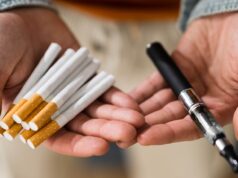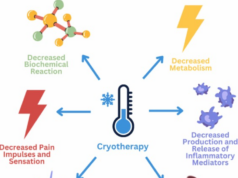Ever since fitness and nutrition became so popular, you can read something new every day. There is, of course, a lot of useful information, because a lot of people do research in the field of nutrition. But also, many write about it, just to get a click or view, even though they are not competent at all on the subject. For this reason, many myths have spread and become so deeply ingrained that it has become almost impossible to convince people that this is not true at all. To bust all those myths, we wrote this text for you. Because maybe just blindly following some of these wrong guidelines prevents you from losing weight or reaching your full potential at the gym. It is time to stop that and know what’s true and what’s not.
1.You will gain weight if you eat late

You must have heard this at least once, and you probably thought it was true. It has been repeated so many times that everyone would be surprised to hear that this is not true at all. Your body does not know what time it is and you can eat whenever you want, whatever you want, at least in terms of gaining weight. Of course, you should not eat very fatty foods before going to bed, because of which you will not be able to sleep well, and it is important to distribute macronutrients throughout the day as suggested by healthline.com. But if you distribute calories and macronutrients so that your biggest meal is dinner, there will be no problems. There is no hour when the body suddenly processes food differently. What matters is what you eat, how it is prepared and whether you are physically active. The schedule plays a much smaller role. So if you are hungry before bed, feel free to eat.
2. You must not skip breakfast
This is another myth that has been considered true for decades. Breakfast is definitely a healthy meal and you won’t go wrong if you eat it. Then you will put in a significant portion of energy for the rest of the day, especially if you are eating the right things for that part of the day. It is best to combine healthy fats and proteins, with as little or no carbohydrates at all. This will lead to stable insulin levels and you will not experience energy drops after a few hours. But there are people who don’t like breakfast at all and would rather skip that meal. That’s perfectly fine. Intermittent fasting is a great approach to nutrition for anyone who likes to skip breakfast. You only eat twice, and you will still ingest all the necessary macronutrients for the day. So whatever goal you have, it is very possible to achieve it even if you skip breakfast.
3. We should eat gluten-free products
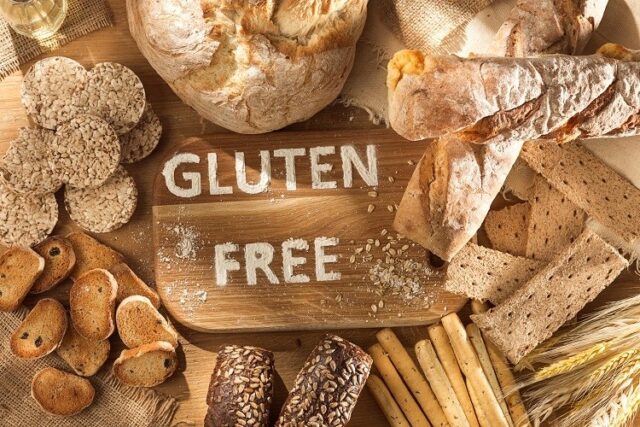
This is one of the trends that has spread very fast and now all of a sudden everyone is buying gluten-free products even though they don’t know why it’s healthy. People who are gluten intolerant should definitely eat everything that is gluten-free. But those who do not have gluten intolerance, have absolutely no reason to eliminate it from their diet. It’s nothing unhealthy, it just bothers certain people, as does lactose. Gluten-free products are expensive and you will not benefit from them. According to dietzones, there are even negative aspects of eating gluten-free, and these are lower fiber intake and increased gluten sensitivity. We assume that the reason for spreading this myth is that some famous athletes, like Novak Djokovic have eliminated gluten from their diet. But he is intolerant, so that is the right move when it comes to him.
4. Protein damages the kidneys
Although it is known what the benefits of protein are and everyone recommends them, whether they are of plant or animal origin, there is still a belief that they can damage your kidneys. Someone has obviously misinterpreted medical books where it says that large amounts of protein can further damage the kidneys of people who already have diseased kidneys, such as those on dialysis. However, this does not mean that proteins can damage healthy kidneys. It can only theoretically be possible if we eat an amount that is absolutely impossible for one man to eat in a short period of time.
5. 8 glasses of water a day
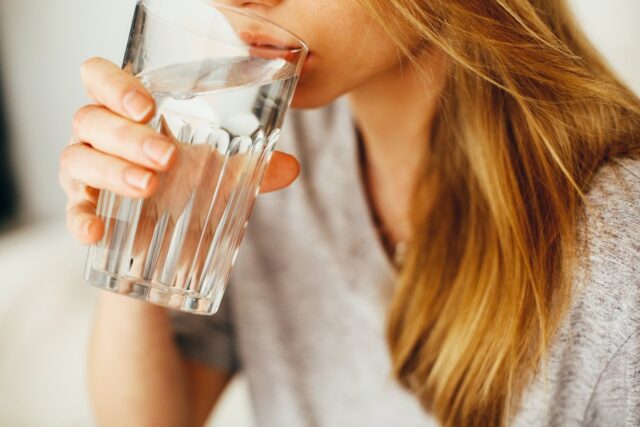
It is definitely necessary to drink sufficient amounts of water. But there is usually no need to measure how much we drank because we certainly ingest enough both through drinking water and through the consumption of other beverages, as well as fruits and vegetables. It also varies how much water one should drink per day. A 200-pound athlete and a 100-pound woman certainly don’t have the same water needs. If you already want to monitor your water intake, then it is much better to calculate your daily goal using the method where for every 25 kilograms of your body weight, you drink 1 liter of water.
6. Organic means healthy
Organic is just one of many labels used to show that something is very healthy, although it doesn’t have to mean it is at all. If something is organic, that’s definitely a plus. But it doesn’t make it an automatic thing ideal for eating. An organic snack will make you fat just like non-organic snack. The same goes for everything else.
7. Yolks are unhealthy
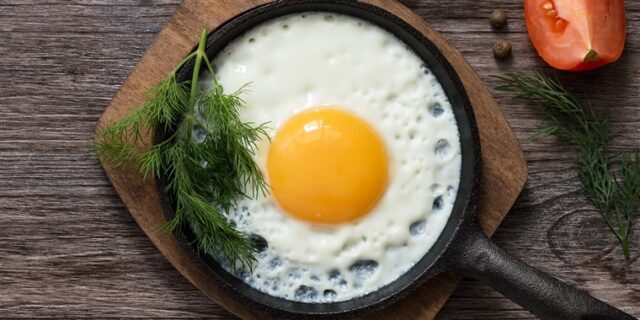
This is a myth that dates back to the 80s when fats were demonized. Back then, all fats were presented as unhealthy, and although it has since been proven how healthy certain types of fats are, egg yolks are still considered bad by many, especially if you have problems with cholesterol. This is a big mistake, because egg yolks are one of the healthiest things you can eat. And they have the highest percentage of nutrient utilization in humans of all foods. Also, eating eggs can naturally lower the secretion of cholesterol in the blood, precisely because you consume cholesterol, instead of the body producing it.
Conclusion:
In the age of the internet, it is easy to come across misinformation. But it’s also up to you to check a few sources, before you start believing in something.


